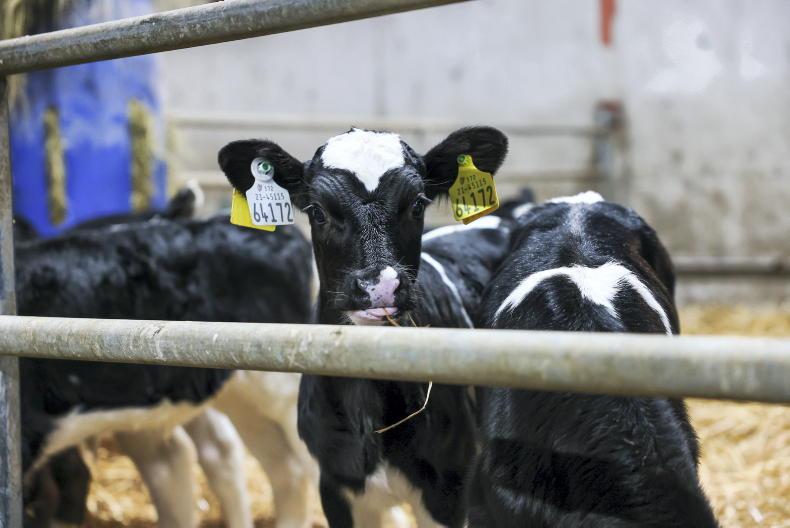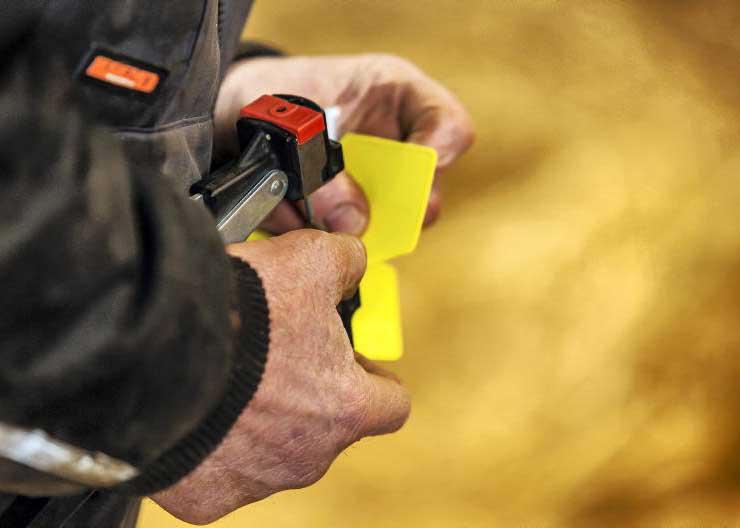A new system for assigning a BVD-free status to individual herds in NI has “very stringent requirements” that most farmers will not be able to meet, DAERA has said.
New guidance published by the Department on Monday outlines various criteria which need to be met for a herd in NI to obtain “Establishment Free from BVD status”.
The new status is being rolled out to assist herdkeepers in NI who export cattle to the Republic of Ireland (ROI). This is because the EU is expected to officially approve the BVD eradication programme in the ROI within the next few weeks.
Under EU rules, this will lead to additional requirements for NI cattle moving to the south, such as blood testing and a 21-day quarantine period, although there will be fewer obstacles at the time of movement for NI herds that are deemed free of BVD.
However, for a herd in NI to obtain the new BVD-free status, the criteria includes strict rules around BVD testing of all cattle that moved into the herd during the past 12 months.
“It is expected that most keepers will not be able to demonstrate that all the conditions of Establishment Free from BVD status have been met,” the DAERA guidance states.
Also, the BVD-free status only stays with an NI herd for 14 days before expiring. It means the application process must start again for future movements.
DAERA is therefore expecting that most NI farmers who move cattle to ROI will not choose to apply for BVD-free status in advance of exporting to the south.
“One of the alternative options which require quarantine and/or blood sampling […] of the animals to be exported is likely to be easier to achieve,” the Department guidance reads.










SHARING OPTIONS